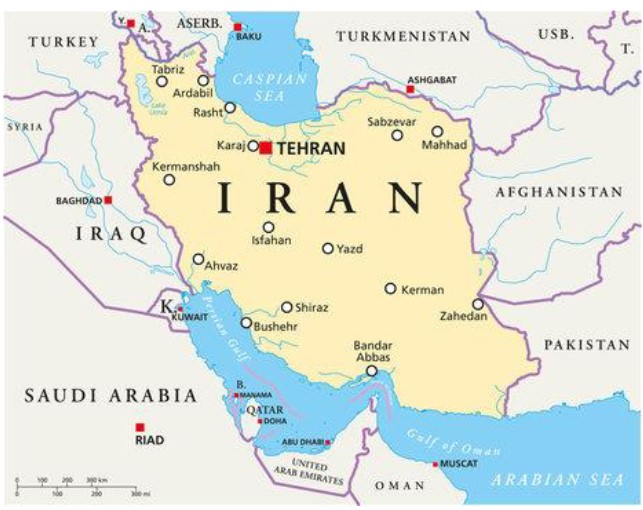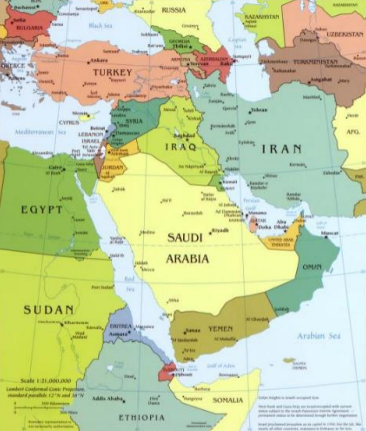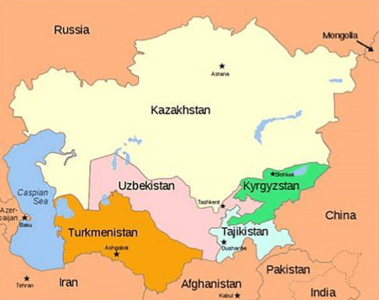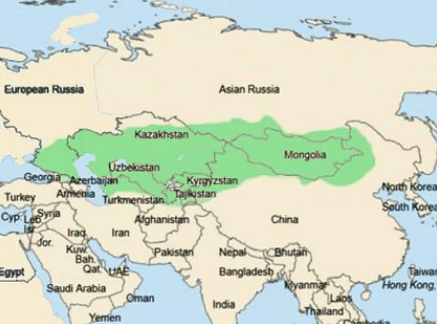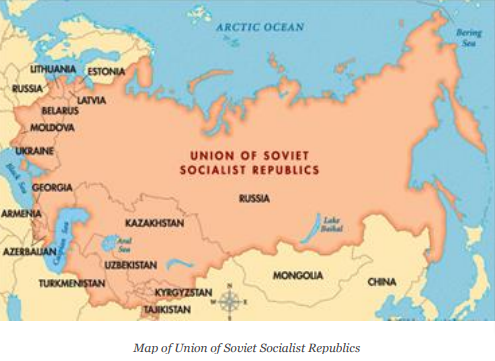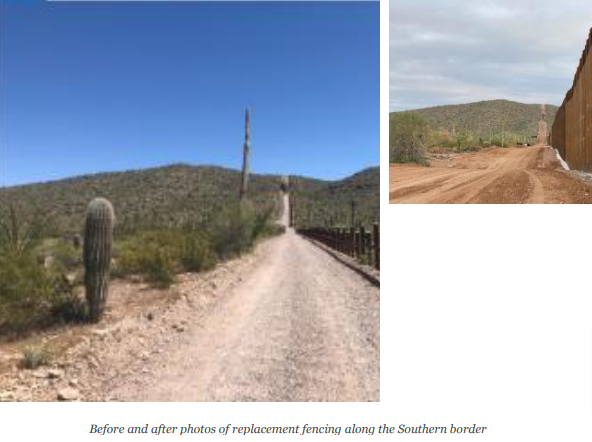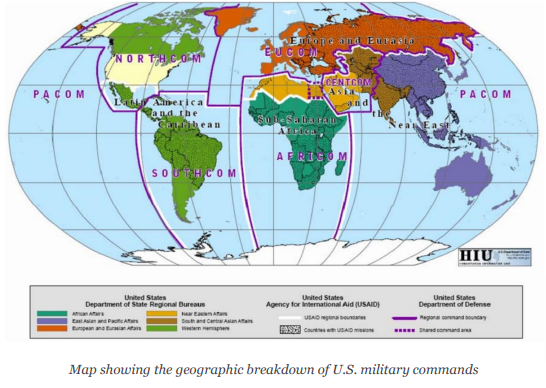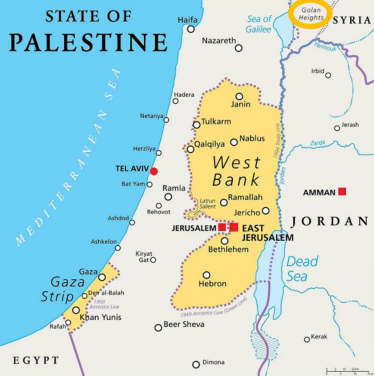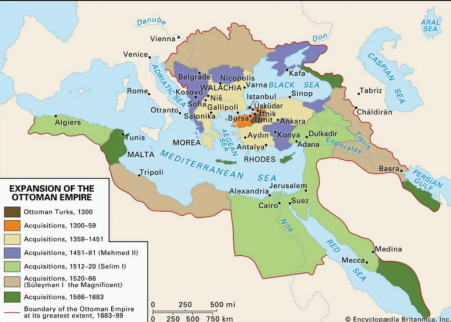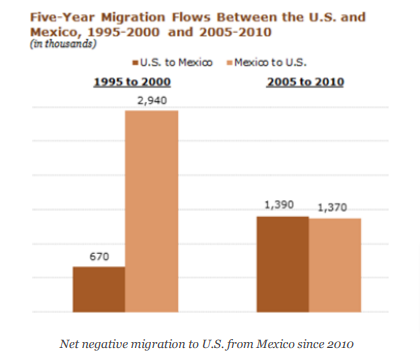Proven analytic techniques, research-backed communication methods, and careful attention to decisionmaker focus.
Publications by Diane Chido
February 2024
The previous essay on the Middle East described the violent extremist group Ansar Allah (Partisans for God) in Arabic, often called “the Houthis” for their founder, Hussein al-Houthi, and why they are firing on ships in the Red Sea as part of the widening war in Palestine. This group is just one of possibly dozens that are supported to various degrees by Iran and are often casually referred to as its “proxies” when they become involved in regional conflicts.The objective of this piece is to delve into the U.S.-Iranian relationship to understand why it is so contentious.
February 2024
Soon after the Hamas attack on Israel in October 2023, I offered an overview of the history of the conflict in Palestine to provide an understanding of how a complex set of factors developed over time have brought us to where we are today. In a subsequent essay, I forecasted how the U.S. military might have to manage broader violence in the region. As the conflict continues and has evolved, we are overdue for an update.
January 2024
The following article delves into the five former Soviet countries in Central Asia and why they matter today. It is the third part of a series on understanding the complexity of Russian and Eurasian ethnicities in the context of geopolitical rivalries. The first installment focused on Russia’s multicultural society and the second was a general overview of Central Asian history.
January 2024
Following is the second of a three-part series on the complexity of Russian and post-Soviet ethnicities in the context of geopolitical rivalries. The previous installment focused on Russia, while this is a general overview of Central Asian history. The final part of the series will delve into the five former Soviet countries in Central Asia and why they matter to us today.
December 2023
For centuries, the term “melting pot” has been used to describe the United States of America as a nation of multiple nationalities. But the phrase may not be America’s alone to use. Consider Russia, both past and present. Although the collapse of the Soviet Union in 1991 led to 14 of the county’s 15 generally-ethically based union republics being removed from Moscow’s control, Russia remains the largest country in the world by land mass and is home to some 190 ethnic groups.
December 2023
All sides agree that our immigration system is “broken,” but what to do about it has become a political “hot potato.” With the Republican-controlled U.S. House of Representatives stalled on funding for Ukraine and Israel unless major changes are undertaken on border security, it seems like a good time to discuss what is “broken,” and what should be done to “fix” it.
November 2023
There have been two previous Jefferson articles in this space, one a brief history of the Israeli-Palestinian conflict and the other on the geopolitical implications of the current war. This one is concerned with how to better understand the
direct implications on the U.S. military personnel in the region and the potential for the war expanding beyond the geographic area of Palestine. First, we must have a sense of our military’s mission and how it is organized.
October 2023
The undisputed facts are that on October 6, the Islamic extremist group Hamas made a three-pronged attack on Israel from the Gaza Strip, from land, sea, and air. The news media has documented ongoing death and casualty tolls of hundreds of civilians on each side, and Israel reported Monday that 199 Israeli hostages are held in Gaza. Israel and Egypt reportedy agreed to allow humanitarian aid in southern Gaza but it had not been delivered by Thursday and the threat remained imminent for an Israeli ground invasion by an estimated 300,000 troops. Israel has told 1 million civilian residents of Gaza to evacuate, but it appeared that Hamas was blocking such movement. This is our starting point. In addition, Hamas and Israel continued shelling Israel into Thursday.
October 2023
To explore the onset of the current violence in Israel and the Gaza Strip, it is best to look back at the history that has shaped the region. A more recent time and place would be the formation of the state of Israel in 1947. Another – much
further back – would be to the biblical story of Yahweh parting the Red Sea and assisting the Israelites in escaping captivity in Egypt. That story tells us that the Lord of Israel brought his chosen people to a Promised Land.
October 2023
Many are familiar with the poem celebrating the Statue of Liberty titled, “The New Colossus,” written by Emma Lazarus in 1883 as part of a fundraising effort for the statue still being erected. The last lines are the ones many can recite
verbatim: Give me your tired, your poor, Your huddled masses yearning to breathe free, The wretched refuse of your teeming shore. Send these, the homeless, tempest-tost [sic] to me, I lift my lamp beside the golden door![i]

